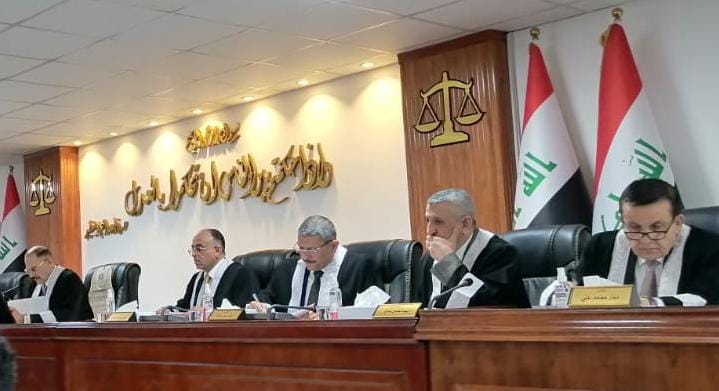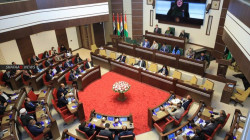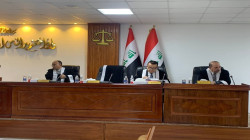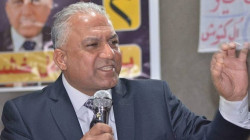FSC to look into the Sadrist movement's complaints on August 30

Shafaq News / The Federal Supreme Court announced on Friday that it will look into the Sadrist movement's lawsuits requesting to dissolve the Parliament on August 30.
On August 14, the Secretary General of the Sadrist Bloc, Nassar al-Rabihi, filed a lawsuit against the three Iraqi presidencies.
The lawsuit demands dissolving the parliament and compelling Iraq's president, Barham Salih, to set a date for the early parliamentary elections based on Article (64/Second) of the Iraqi constitution.
Iraq's Supreme Judicial Council dismissed a public request made by the powerful Shiite cleric Muqtada al-Sadr to dissolve the parliament but agrees with his view of the poor prognosis of the current political situation in the country.
The council convened on Sunday morning under the chairmanship of Chief Justice, Judge Faiq Zeidan, who presides over the federal court of cassation, to ponder al-Sadr's request.
A press release issued after the meeting said that the council "agrees with al-Sadr regarding the negative diagnosis of the political situation in the country and the continuing violation of the constitution."
"The chair of the council has shed light on those issues on many occasions and suggested amending some of the relevant provisions of the constitution to avoid repeating them," the press release added.
The council said that civil organizations, politicians, scholars, and media persons filed a similar request to dissolve the parliament before the Council back in March 2022.
"The answer was that the Supreme Judicial Council does not have the powers to dissolve the Council of Representatives," the press release added.
"The duties of the Council are specified in Article 3 of the Supreme Judicial Council's law no. 45 of 2017. It is related in general to running the judiciary," the press release said, "it does not include any article that allows the council to intervene in the affairs of the legislative or executive authorities pursuant to the principle of separation of powers stipulated by Article 47 of the 2005 constitution of Iraq."
The Council urged "the political forces to refrain from involving the judiciary in the political disputes and contests. The Council stands at a midpoint between all the parties."
Powerful Iraqi Shiite Muslim cleric Muqtada al-Sadr had called on the country's judiciary to dissolve parliament by August 20, threatening unspecific consequences if it does not.
The populist leader has helped inflame tensions in Iraq over the last two weeks by commanding thousands of followers to storm and occupy parliament, preventing the formation of a government nearly ten months after elections.
His political opponents in the Coordination Framework, mostly fellow Shiites backed by Iran, have refused to accede to al-Sadr's demands, raising fears of fresh unrest and violence in a conflict-weary Iraq.





